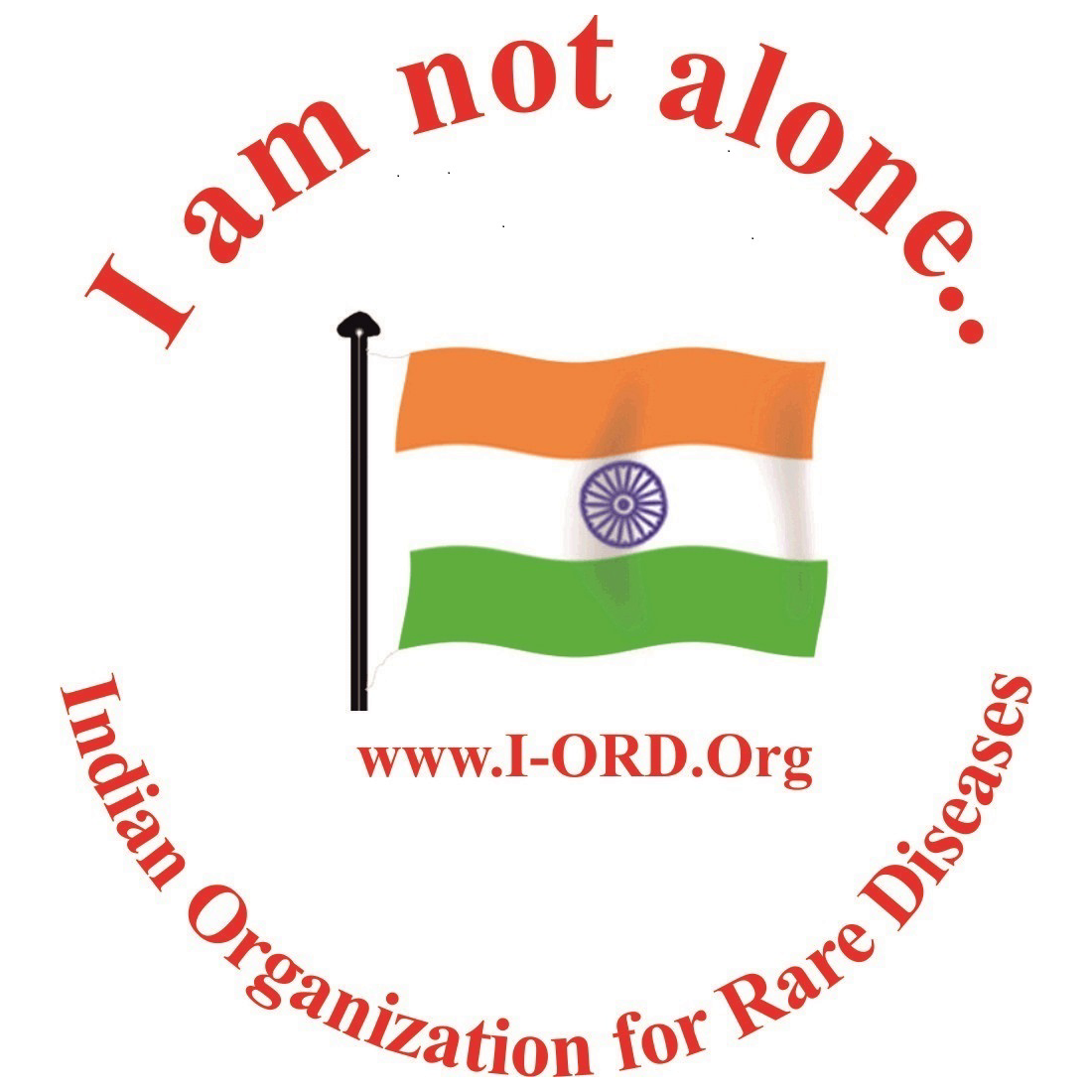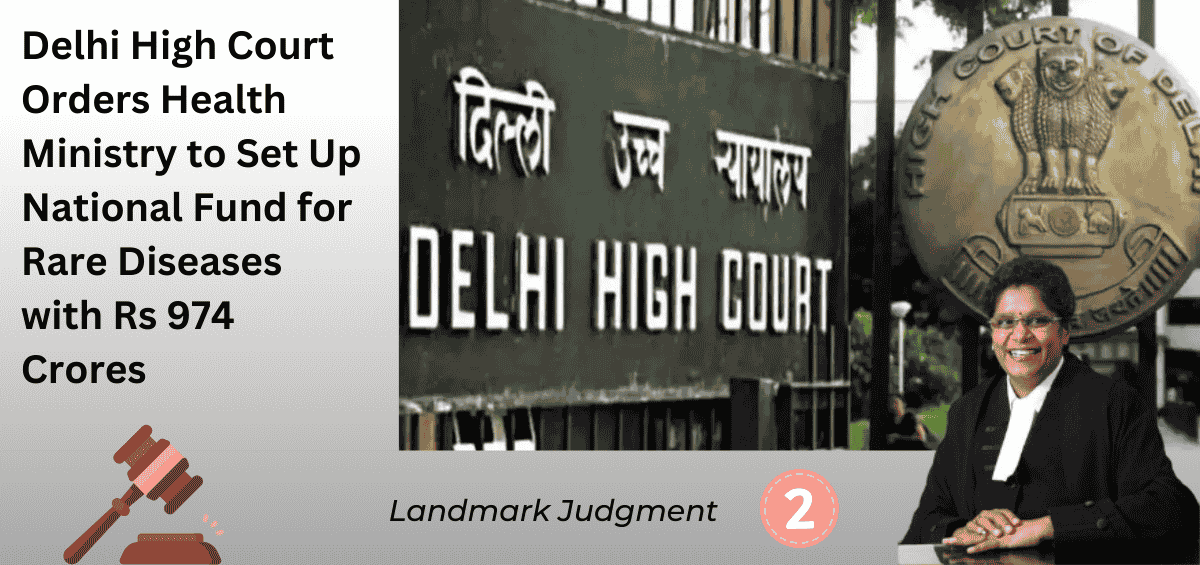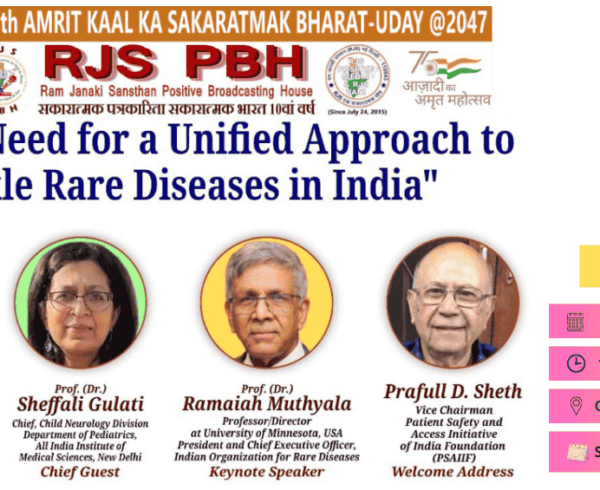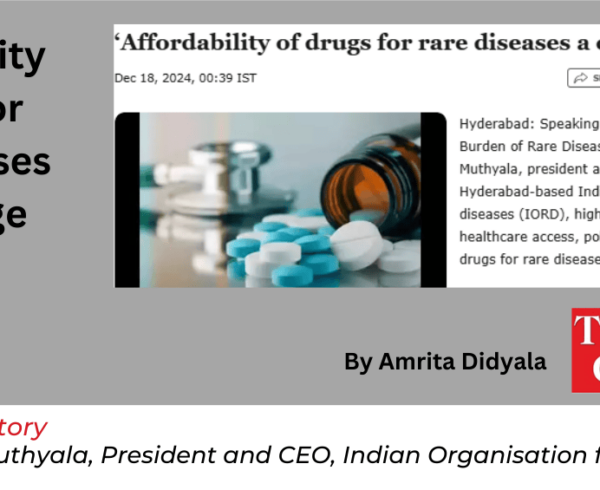Delhi: In a set of pathbreaking directions that is set to help the rare disease fraternity in India, the Delhi High Court has directed the Union of India to establish the National Fund for Rare Diseases (NFRD) with an allocation of ₹974 crore for the financial years 2024–25 and 2025–26, as recommended by the NRDC and pending Ministry of Health and Family Welfare (MoHFW) approval. A similar or higher amount is to be allocated for 2026–27 and 2027–28.
While issuing orders in W.P.(C) 5315/2020 dated October 4, 2024, Justice Prathiba M. Singh mandated that NFRD will be administered by the National Rare Diseases Cell, which will ensure fund utilization through monthly reviews. Flexibility in the ₹50 lakh funding cap for certain rare diseases, a centralized information portal, and enhanced public awareness through crowdfunding platforms are also mandated. The Court further instructed prompt issuance of tax exemptions and customs waivers for importing rare disease medicines.
Here is the gist of the directions issued to the central government including the health ministry by the court.
Establishment and Funding of NFRD
- The Union of India shall establish the National Fund for Rare Diseases (NFRD) and allocate ₹974 crore for the financial years 2024–25 and 2025–26, as recommended by the NRDC and pending MoHFW approval. A similar or higher amount shall be allocated for 2026–27 and 2027–28.
- Approval for fund transfer to the applicant rare disease patients shall be granted within 30 days by the concerned ministries. The funds must be fully transferred to the NFRD within the stipulated period.
- For 100% fund utilization, Monthly progress reviews of the NFRD shall be mandatory, involving the Ministry of Health and Family Welfare (MoHFW), NRDC, and Centers of Excellence (CoEs). The first review meeting must take place within 30 days.
Utilization of Funds
- The allocated funds shall be used to treat petitioners in the W.P.(C) 5315/2020 case and other patients suffering from rare diseases. Medicines shall be procured by MoHFW at prices negotiated by the NRDC.
- The NFRD shall be managed by the National Rare Diseases Cell under the MoHFW, with Nodal Officers responsible for releasing funds as directed by the NRDC. Funds shall not lapse or revert due to underutilization. Monthly utilization reports and patient treatment details must be submitted to the NRDC.
- The ₹50 lakh treatment cap under the National Policy for Rare Diseases, 2021, shall be flexible for Group 3 diseases (e.g., DMD, SMA, Gaucher). Funding limits for individual CoEs shall not apply.
Infrastructure and Digital Access
- Within three months from the date of the judgment on October 4 2024, a centralized National Rare Disease Information Portal shall be operationalized. This portal shall include a patient registry, treatment options, nearest CoEs, and updates on fund utilization. It must be accessible to patients, doctors, and the public.
- The crowdfunding platform for rare diseases shall be supervised by the Nodal Officer of MoHFW. Its details shall be publicized across print, electronic, and online media within two weeks. Funds collected on this platform shall automatically transfer to the NFRD.
Tax and Customs Exemptions
- Notifications for customs duty, GST waivers, and Income Tax exemptions for the import of rare disease medicines shall be processed and issued within 30 days.
Inclusion in CSR Framework:
- Donations for rare diseases are to be included under Schedule VII of the Companies Act, 2013, enabling CSR contributions from companies, including PSUs.
Fast-Track Drug Approvals:
- The Union of India shall direct the Drug Controller General of India (DCGI) and Central Drugs Standard Control Organisation (CDSCO) to establish a fast-track approval process for rare disease drugs and therapies within 60 days. All applications for such therapies must be processed within 90 days of submission.
Expansion of CoEs:
- The Union of India must expand the number of Centers of Excellence (CoEs) for rare diseases, taking patient density into account.
Genetic Screening:
- Free genetic screening for rare disease patients at risk of requiring therapies is to be implemented in collaboration with CoEs and pharmaceutical companies. Screening is to be conducted for all enrolled patients at CoEs, as that is the first step towards developing a comprehensive prevention and control strategy for rare diseases.
Orphan Drug Regulation:
- The DCGI and CDSCO must decide on regulating orphan drugs under the Drug Price Control Order (DPCO) and actively monitor global and local clinical trials to ensure more patients are enrolled. They are also to explore exemptions from clinical trials under existing rules.
Review of Price Control and Exemptions:
- The exemption of orphan drugs from DPCO price control must be reviewed, and customs duty waivers for all imports related to rare diseases, whether for individual or commercial use, must be extended to incentivize bulk imports.
Support for Medical Equipment:
- Policies must be reviewed to promote local manufacturing of medical equipment for rare disease patients, including wheelchairs, prosthetic limbs, and mobility aids.
Extension of Customs Duty for Drug Imports:
- Union of India is also directed to consider extension of waiver of customs duty for all imports – individual use and imports for commercial purposes by companies, so that companies are incentivised to import larger quantities of drugs for rare diseases, to ensure robust supplies.
CSR Contributions:
- Concrete measures must be implemented to encourage PSUs and pharmaceutical companies to increase their CSR contributions to rare disease initiatives.
Health Insurance Reforms:
- The Insurance Regulatory and Development Authority of India (IRDAI) must reassess exclusion criteria in health insurance contracts concerning genetic disorders.
Coordination Mechanism:
- A Nodal Officer responsible for coordination between the NRDC and the MoHFW must be identified and notified within one week.
These imperative directions focus on creating a robust, coordinated, and equitable framework for rare disease management in India, ensuring timely drug approvals, accessible treatments, and enhanced support mechanisms.






